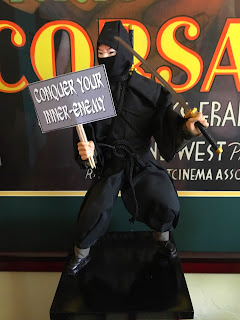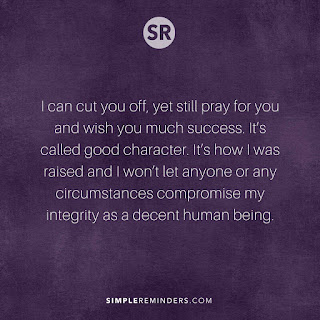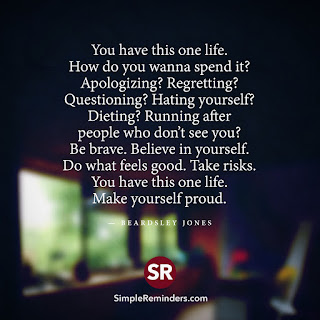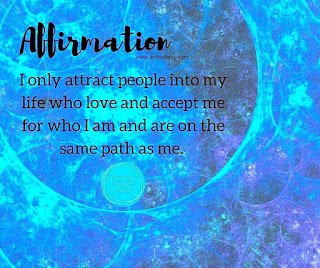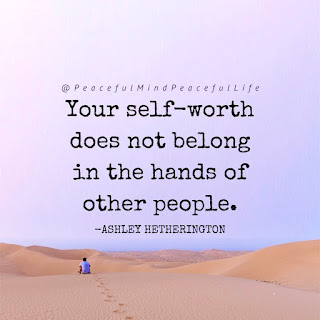In Know Who I Am And I Like What Recovery Is Teaching Me About Myself

Growing up, I attended Catholic grade school and high schools. In those schools I was verbally taught the words of Jesus Christ, "Turn the other cheek;" meaning when someone is cruel to you, return their cruelness with kindness. These were the words I was taught, but this was NOT the behavior that I witnessed. The behavior I witnessed from adult Catholics/Christians was "an eye for an eye and a tooth for a tooth." I witnessed those same people who were saying "turn the other cheek" choosing instead to return evil for evil when push came to shove-- to seek revenge instead of reconciliation. For many years, I followed their example because their words were worthless. Recovery has taught me that my word and my behavior must parallel each other. As a Christian, I now choose to "turn the other cheek" when people are cruel or unkind to me. Why? Because I know who I am now. And being cruel in return is not the real me. An eye for an eye is...
